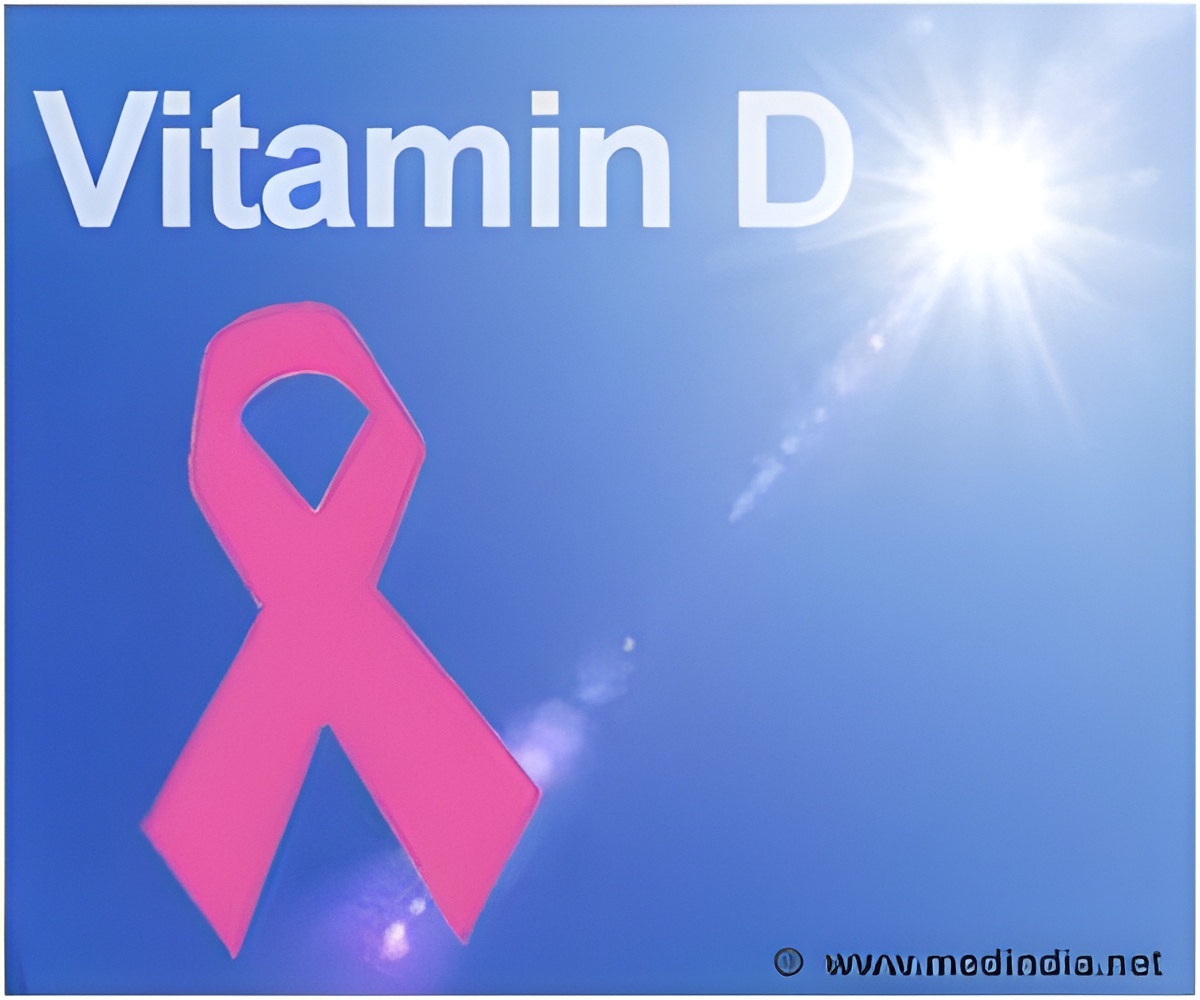Outdoor workers can make more vitamin D, which may be protective against breast cancer.

Exposure to more sunlight boosts the levels of vitamin D in outdoor workers. Vitamin D can play a protective role against breast cancer, say researchers.
Vitamin D plays an important role in maintaining bone and musculoskeletal health, but it may also help ward off infection and cancer.
Even though the primary source of vitamin D is UVB sunlight, concerns about skin cancer risk and the increasing use of computers for both work and recreational purposes have lowered people's exposure to sunlight by g the amount of time spent indoors.
Researchers believe that breast cancer's rising incidence over the last half-century might be linked to vitamin D deficiency.
Prior research also indicates that high levels of vitamin D in the blood may be associated with a lower risk of breast cancer. But the evidence is inconclusive as the studies have relied on short term assessments of vitamin D levels rather than looking at long term levels.
Exposure to sunlight can be used as a surrogate marker for levels of vitamin D over the long term, and, as the body makes vitamin D mainly in the middle of the working day (between the hours of 10:00 and 15:00), outdoor workers are exposed to considerably higher levels than those who work indoors.
Researchers identified 38,375 women under age 70 from the Danish Cancer Registry for the study, diagnosed with primary breast cancer. Each woman was then compared with five women of the same age who were randomly selected from the Danish Civil Registration System.
To assess each woman's occupational exposure to sunlight, their full employment history was retrieved from the Danish pension fund records, and a job-exposure matrix was also used.
Results revealed no association between occupational exposure to sunlight and overall breast cancer risk, even after considering other influential factors.
However, results also showed that long term occupational exposure to sunlight was associated with a lower risk of breast cancer after age 50.
In women with occupational exposure for 20 or more years, there were 17% lower odds of a breast cancer diagnosis. The highest level of cumulative exposure was associated with 11% reduced odds.
Researchers state that since this is an observational study, cause can't be established. Other limitations are the lack of information on dietary vitamin D intake or the use of vitamin D supplements. However, this might not be important as other studies have shown that indoor workers have significantly lower serum vitamin D levels than outdoor workers.
Factors like estimates of sunlight exposure, leisure time sunlight exposure plus, use of the pill, hormone replacement therapy, and alcohol, as well as obesity and leisure-time physical activity, weren't taken into account. Source-Medindia














